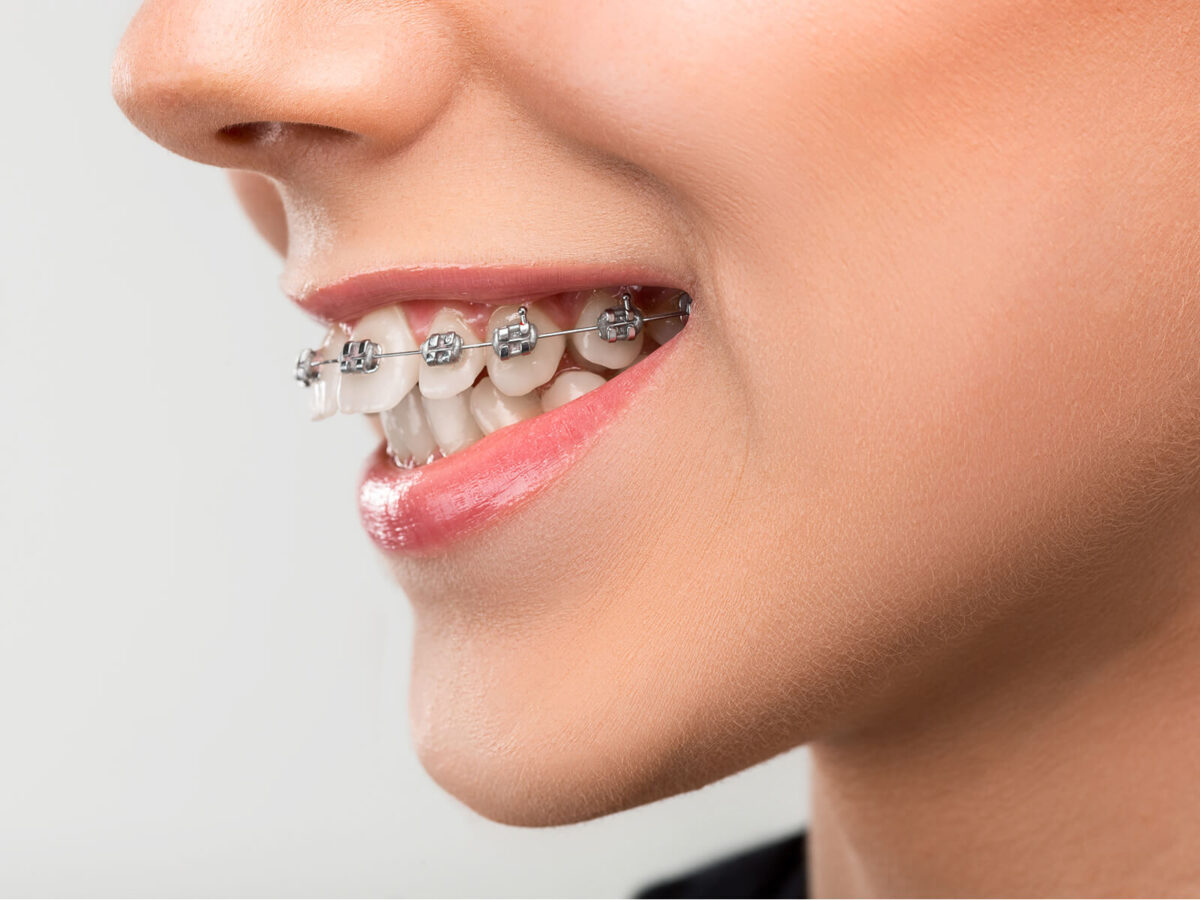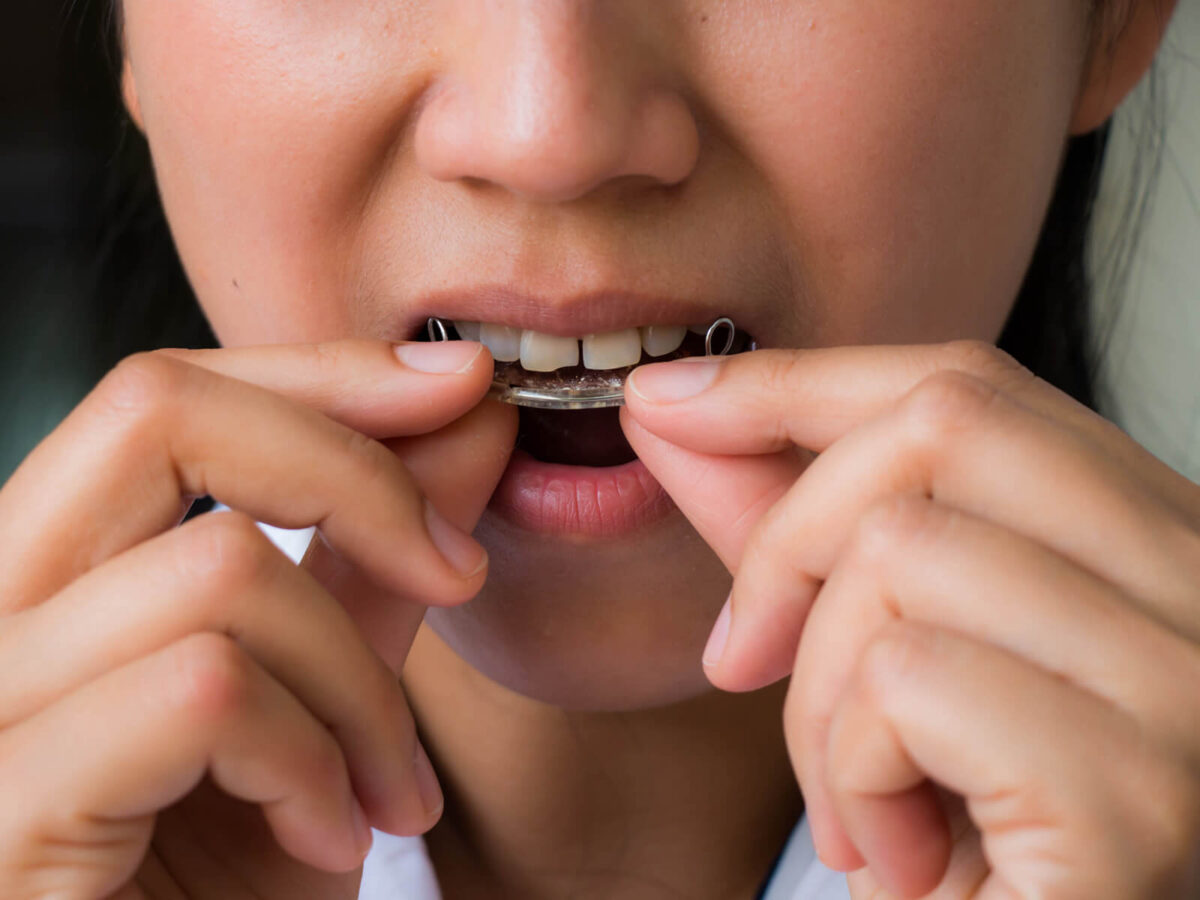If orthodontic problems are not handled and treated, they could lead to several issues beyond how you look. An incorrectly aligned set of teeth or an uneven bite is often considered a superficial issue. However, these issues can have a big effect on a person’s dental and overall health.
This guide will go into great detail about what could happen if you don’t care for your orthodontic problems. Rockdale Dental & Orthodontics has mentioned the importance of seeing an orthodontist as soon as possible. Also, we will talk about how important it is to get orthodontic care.
Learning About Problems With Orthodontics
Some dental problems are too many teeth, overbites, crossbites, and spaces between teeth. Crossbites and gaps between teeth are two dental problems that must be fixed immediately. Some of these disorders may be passed down through genes.
Some are gained due to behaviors common in early childhood or problems with growth. Some people may choose to live with these problems, but Rockdale Dental & Orthodontics can correct them before they turn into serious consequences.
Complications of Untreated Orthodontic Problems
If you don’t treat orthodontic problems, they can get worse. Some major oral health complications with this treatment are –
- Dental Issues:
One of the worst things that can happen when orthodontic problems aren’t fixed is that they can hurt your dental health. Not having your teeth in the right place makes it harder to clean them properly, which raises your risk of plaque buildup, cavities, and gum disease. This could lead to tooth decay, gum pain, and even tooth loss over time. - Bite Problems:
Orthodontic problems like overbites, underbites, and crossbites can change how the lips are aligned and how the teeth fit together when people bite or eat. This may lead to rotten teeth wearing down too quickly, jaw pain, trouble eating correctly, and even problems with the temporomandibular joint (TMJ). - Speech Problems:
Teeth that aren’t straight or problems with the jaw can also change how you speak, making it hard to pronounce and articulate words. This problem can make it hard to connect and make you feel awkward or self-conscious around other people.
People who have crooked or uneven teeth should not underestimate how it affects their mental health, even though the cosmetic effects may not seem as important when compared to the health effects. If dental problems like dental misalignment are not treated, they can hurt your confidence, which can hurt your relationships and quality of life in general.
Benefits of Orthodontic Treatment
Taking care of dental problems early on can help people in many ways, such as receiving the following benefits:
- Getting better dental health and cleanliness
- Greater chewing efficiency and better bite ability
- Face changes for the better and more self-confidence
- Probably less likely to have mouth problems like cavities and gum disease
Getting Help From Rockdale Dental & Orthodontics
Luckily, most dental problems can be fixed quickly and effectively with the help of an orthodontist who knows how to do it. Some of the orthodontic tools that orthodontists use are braces, aligners, retainers, and other orthodontic gadgets.
These tools help fix dental misalignment, improve bite, and improve overall tooth health. Stop ignoring orthodontic problems and get care instead. Your smile will make you happier and healthier.
As the saying goes, “A smile is the prettiest thing you can wear.” You must always remember how important it is to get professional help from experts in the field, like Rockdale Dental & Orthodontics. Getting help right away can make a big difference in your dental health.




